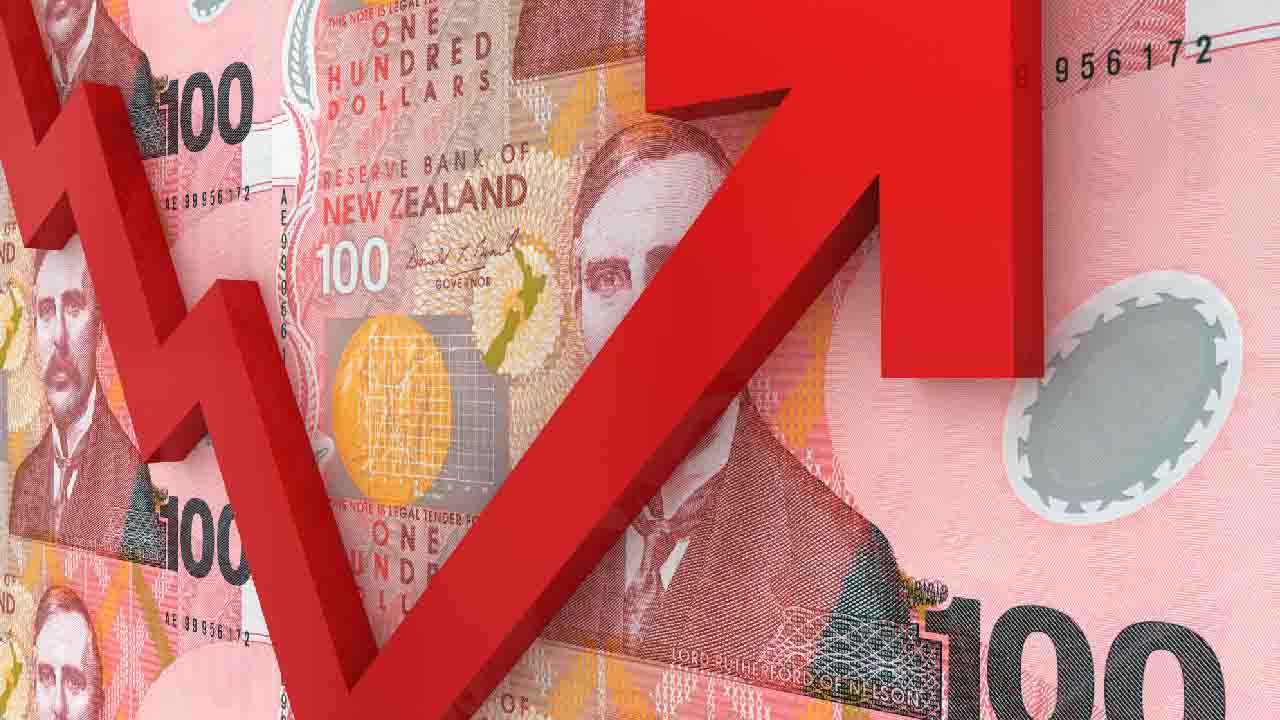New Zealand (Common Wealth) _As per the observations of the International Monetary Fund (IMF), New Zealand government must keep its expenditure under control and the Reserve Bank ready to raise interest rates if necessary when the economy sluggish.
In its annual health check, the IMF said New Zealand’s response to the pandemic was “exemplary,” but the economy had overheated as a result of the “generous” financial and monetary support, and was now experiencing a necessary slowdown due to the RBNZ’s rate hikes to combat inflation.
Macroeconomic policy should remain restrictive.” According to the report, “fiscal policy should prioritize flood and cyclone recovery while limiting other discretionary spending.” It warned about the risks posed by the country’s huge current account deficit, which eased to 8.5 percent of GDP in the first quarter, indicating that the government was living beyond its means and needed to be monitored.

The IMF also stated that the slowing housing market and rising debt arrears posed risks to the financial system, albeit high employment and healthy banks would assist to mitigate the risks.
However, it was recognized that housing affordability was an ongoing issue that had not been improved by declining home prices and that needed to be addressed by increasing supply of new houses.
The report claimed that achieving long-term affordability is crucial to freeing up land availability, improving planning and zoning, and increasing infrastructure investment to enable fast-track housing developments while decreasing construction costs and delays. The IMF predicted that the economy will decelerate further and even enter a recession in the coming years, with growth of around 1%.
The RBNZ’s policy to hiking interest rates to contain inflation was praised, and the IMF stated that the official cash rate would likely have to remain high for an extended length of time, and possibly be raised again.
A revival of demand, perhaps as a result of insufficient fiscal consolidation, and a stalling of inflation above goal would necessitate additional monetary policy tightening.
Longer term, the IMF stated that targeted government spending would be required to address the issues of climate change, an aging population, and infrastructure gaps, such as removing bottlenecks and maybe changing superannuation.
It also renewed its proposal for tax reform, including the imposition of a capital gains tax.
A well-designed tax reform could cut corporate and personal income tax rates by widening the tax base to include more equitable sources of revenue, such as comprehensive capital gains and land taxes, while simultaneously eliminating budgetary drag and enhancing efficiency.








